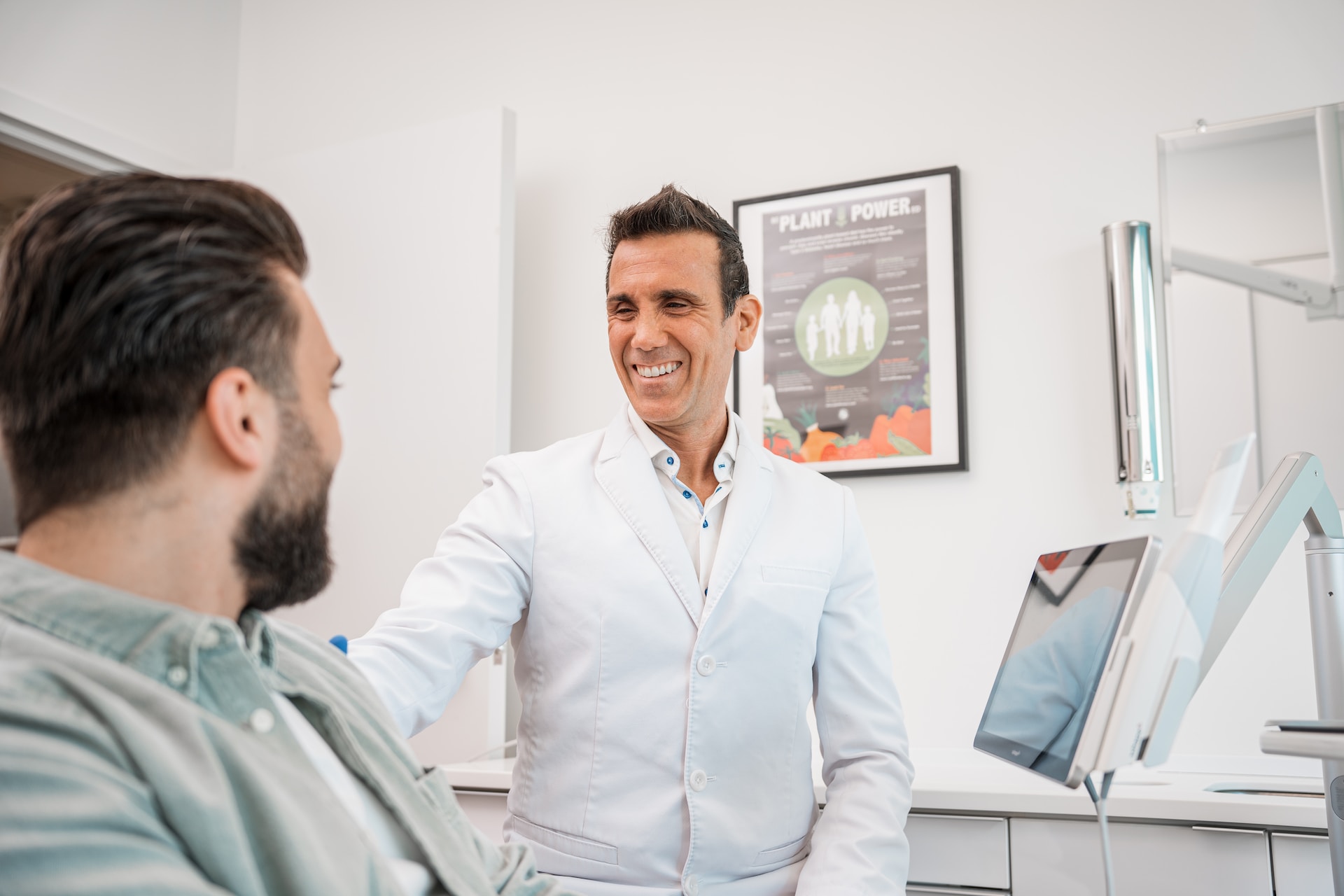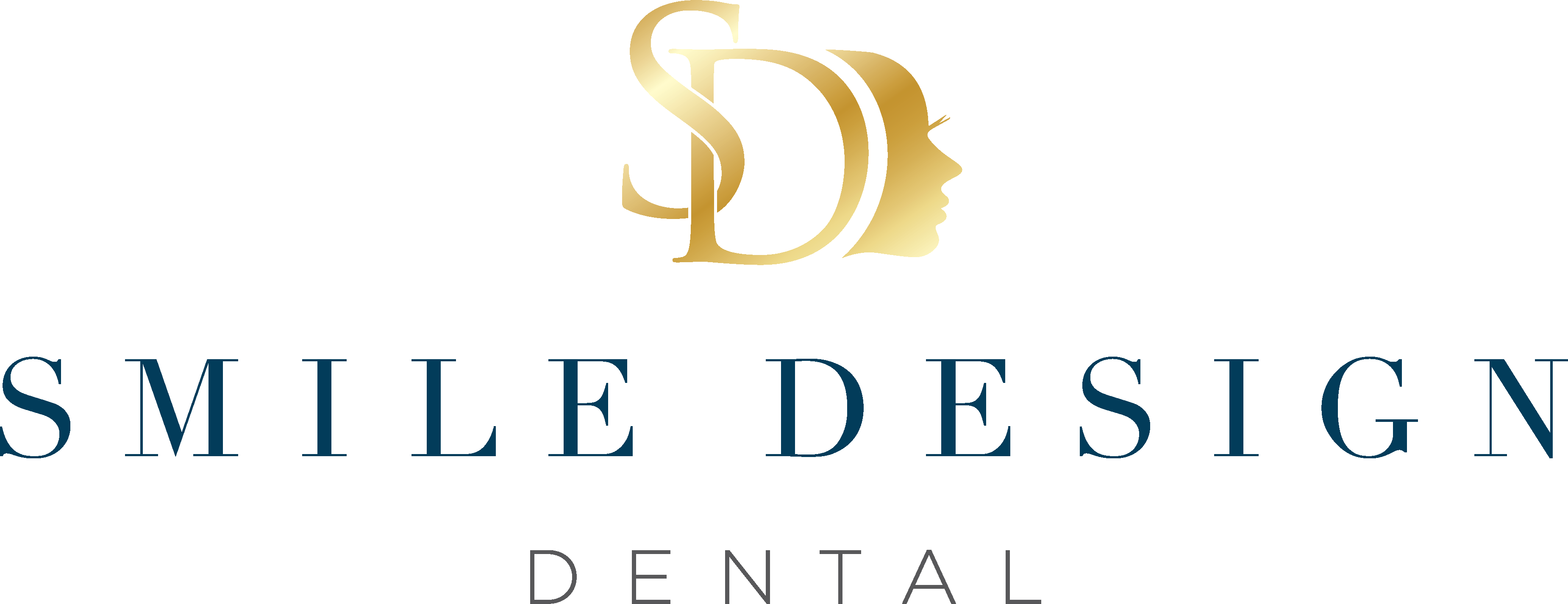

Introduction: A radiant smile is more than just a sign of happiness. It’s a reflection of health, confidence, and the care we give to our oral hygiene. With modern lifestyles becoming increasingly hectic, it’s easy to neglect the simple act of visiting the dentist for a regular check-up. But the implications of doing so stretch far beyond mere aesthetics. In this blog, we’ll uncover the profound impacts of a smile and emphasise the importance of regular dental visits
Table of Contents
ToggleSection 1: The Science Behind a Smile
A smile is more than just a physical act. When you flash those pearly whites, a series of physiological changes occur in your body. Here’s a closer look:
- The anatomy of a smile:The act of smiling activates several muscles in our face, predominantly the zygomatic major muscles, which pull the corners of the mouth upward. But it’s not just about muscles. Our teeth play a starring role in making a smile captivating. Their health and alignment are central to the aesthetics and functionality of a smile.
- Endorphins and the act of smiling:It’s no myth that smiling makes you feel good. When you smile, your brain releases endorphins—natural chemicals that promote feelings of pleasure and reduce perceptions of pain. So, the act of smiling not only enhances your mood but can also act as a natural stress-reliever. But, for many, the confidence to flaunt a genuine smile stems from the assurance that their teeth are in good health, emphasising the need for regular dental check-ups.
Section 2: The Aesthetics of a Healthy Smile
The psychological impacts of having a luminous smile are vast. Here’s how it translates to real-life scenarios:
- The confidence boost:Everyone has experienced that surge of self-assurance after a dental cleaning when our teeth feel fresh, and our breath is at its best. That confidence carries over to our day-to-day interactions, whether it’s a presentation at work or a casual meetup with friends.
- First impressions:In many cultures, a smile is a cornerstone of making a positive first impression. Think about job interviews, first dates, or any social gathering. A bright and healthy smile can communicate approachability, trustworthiness, and attractiveness. In contrast, discoloured, missing, or misaligned teeth might make one self-conscious, leading to a hesitancy to smile openly. Regular dental check-ups ensure that minor issues don’t escalate, allowing everyone to smile with unabashed confidence.
- Role of regular dental check-ups:It’s not just about avoiding cavities. Dental check-ups also encompass cleaning, which removes tartar and plaque, and potentially polishing to reduce surface stains. This maintenance is the secret behind many of the dazzling smiles you see around.
Section 3: Beyond the Surface – Dental Check-ups and Oral Health
While a smile’s aesthetics are undoubtedly vital, the health benefits of maintaining one’s oral hygiene through regular dental check-ups are even more profound:
- Identifying potential issues:Think of regular dental check-ups as your early warning system. Cavities, when detected early, can be dealt with minimal interventions. Gum diseases, which might manifest as simple gum bleeding, can be a sign of more severe periodontal issues. Regular visits allow your dentist to identify and rectify these issues before they become complicated – and often more expensive to treat.
- Preventive care:Many people fear the drill, but ironically, the best way to avoid it is through regular check-ups. Routine cleanings can prevent the buildup of plaque, the primary culprit behind cavities. Exams can also spot early signs of gum diseases, ensuring timely intervention and avoiding potential tooth loss.
- The link between oral health and overall health:Our mouth is a gateway to our body. Chronic gum infections can have links to cardiovascular diseases, diabetes, and even respiratory diseases. There’s also mounting evidence that poor oral health can be a factor in Alzheimer’s disease. Regular dental visits not only safeguard your oral health but can also be a crucial step in maintaining your overall well-being.
Section 4: Financial and Long-Term Benefits
When we think about our health, we often consider our diet, exercise, and even our mental well-being. But how often do we contemplate the financial aspects of our health, especially concerning our oral care? Here’s a closer look:
- Saving money in the long run:You might think skipping a dentist appointment is saving you money, but in reality, it could be just the opposite. Minor dental issues, when left untreated, can become significant concerns. A small cavity today can lead to a root canal or even a tooth extraction in the future. And the cost difference is vast. Regular check-ups aim to prevent these extensive procedures, ensuring that your oral health doesn’t become a financial burden.
- Prolonging the lifespan of your teeth:Regular dental care isn’t just about maintaining a bright smile today but ensuring you have a functional set of teeth well into your golden years. Tooth loss can have profound effects, from dietary restrictions to speech challenges. Routine care, including professional cleanings and check-ups, can ensure the longevity of your natural teeth, saving you from potential prosthetics or implants in the future.
Section 5: Overcoming Anxiety – Making Dental Visits a Routine
Dental anxiety is real, and it’s more common than you might think. Here’s how you can tackle it:
- Addressing dental anxiety:Everyone has their reasons. Some fear the pain, while others have had past traumatic experiences. Recognising that you’re not alone in this fear is the first step. Many modern dental practices now offer a soothing environment and employ techniques to make your visit as comfortable as possible.
- Modern dentistry:Gone are the days when every dental issue required invasive procedures. With advancements in technology and techniques, many treatments are now minimally invasive and nearly pain-free. Sedation dentistry offers options for those with heightened anxiety, ensuring their comfort during procedures.
- Tips for a smooth dental visit:If you’re anxious, consider the following:
- Bring headphones:Sometimes, it’s not the procedure but the sound that can be unsettling. Listening to your favourite music or a podcast can be a distraction.
- Deep breathing:Simple breathing exercises can relax your mind and body.
- Communicate with your dentist:They’re there to help. Letting them know your fears can allow them to tailor their approach, ensuring your utmost comfort.
Section 6: How Often Should You Visit?
You’ve understood the importance of regular dental visits, but how often is “regular”?
- The general recommendation:Most dental professionals advise a visit once every six months. These biannual visits typically include a thorough cleaning and an examination, ensuring your teeth are in optimal health and catching potential issues early.
- Individualised care:Not everyone’s oral health is the same. Some might be more prone to cavities or gum diseases due to genetics, diet, or other factors. In such cases, your dentist might recommend more frequent visits to ensure your oral health is maintained at its best.
Conclusion:
The brilliance of a smile goes beyond mere aesthetics. It’s an interplay of health, confidence, and the care we dedicate to our oral hygiene. Regular dental check-ups are an investment – in your health, in your confidence, and even in your finances. Whether it’s the release of those feel-good endorphins, making a lasting first impression, or avoiding a costly dental procedure, the benefits of regular dental visits are manifold.
So, the next time you think about pushing that dental appointment, remember the power of your smile and everything it encapsulates. And if you’re in the Brisbane area and are looking for expert dental care, consider visiting Smile Design Dental in Brisbane. Your smile deserves nothing but the best!
- Why are biannual dental check-ups recommended for most people?
Answer: Biannual (twice a year) dental check-ups are recommended to maintain optimal oral health. Regular check-ups allow dentists to clean areas of your mouth that might be challenging to reach with regular brushing and flossing. Additionally, frequent visits help in the early detection of potential issues like cavities, gum disease, or oral cancer, ensuring timely intervention and treatment.
- If I maintain good oral hygiene at home, do I still need regular dental check-ups?
Answer: Yes, even if you are diligent about your oral hygiene at home, regular dental check-ups are crucial. While brushing and flossing are essential, professional cleanings can remove plaque and tartar buildup that home routines might miss. Moreover, dentists can identify early signs of oral health issues that may not be visible or noticeable to you.
- How can regular dental check-ups impact my overall health?
Answer: Your oral health is a window to your overall health. Chronic gum infections can be linked to conditions such as cardiovascular diseases, diabetes, and respiratory issues. Regular dental check-ups not only maintain your oral health but can also detect symptoms or signs related to broader health concerns, ensuring you receive the necessary medical attention early on.
- I have dental anxiety. How can modern dentistry help me?
Answer: Dental anxiety is common, and many modern dental practices are equipped to ensure patient comfort. From sedation dentistry, which can help patients relax during procedures, to painless treatments using advanced technology, the focus is on minimising discomfort and stress. Always communicate your fears with your dentist, as they can offer solutions and techniques tailored to your comfort.
- Are there any visible signs that I should immediately see a dentist, even if my regular check-up is months away?
Answer: Yes, if you experience persistent pain, swollen or bleeding gums, sudden sensitivity to hot or cold, loose teeth, or any unusual changes in your mouth or on your tongue, it’s essential to schedule a visit with your dentist as soon as possible. Such symptoms can indicate underlying issues that need prompt attention.


